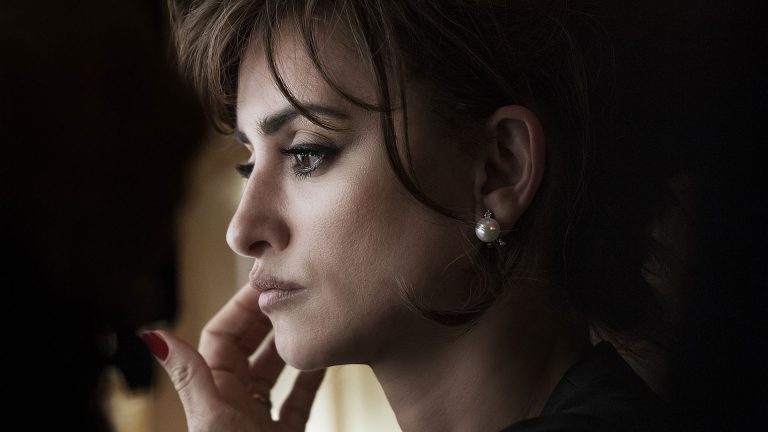Ana Guevera and Leticia Jorge’s “Don’t You Let Me Go” opens with a death. Loved ones, friends, and family have gathered. The suddenness of the death wraps everyone in shock and disbelief. They recall individual memories with the woman who has died, Elena (Vicky Jorge), and her iridescent humor could enliven any situation. While they exchange a laugh or two in her memory, a wave of melancholy quickly washes over. The grief is wedged so deep it rises unbidden, drowning out everything else. This tide of sorrow is wrenching to watch as the directors are sharply alert to how a wellspring of it can just erupt in the middle of a conversation that tries to render the mood a little less somber.
Grief has an interruptive quality. It knows no boundaries within which it must be reined in. It pops off without the need for a cue. The film deeply understands the specificity of this emotional state. Within the first twenty minutes or so, the mood stays so grim we yearn for a breather. The directors, who have also written the film, plant the most charming conceit as a detour. Adela (Chiara Hourcade), who was the closest friend of Elena, is at a remove from the solemnity of the occasion. She is unwilling to accept that her friend is gone. Her reluctance leads her into a surreal temporal space as she boards a sort of magic bus that takes her back a decade earlier.
Adela meets her friend at a beach house. The situation is not played for any absurdity but with a pure, natural, and reassuring tone. Adela’s momentary surprise at the bus, with its memories of the past, is no longer reiterated when she reunites with her friend. The film’s initial sobering tone is replaced with an exultation in the expansive wonder and joy of a time supposed to have been lost forever. An opportunity for reliving the warm thrill and comfort of a friendship enables the film to embrace a spirit of exhilarating connection, that freely trespasses fixities of temporal logic. There’s no plot to speak of.
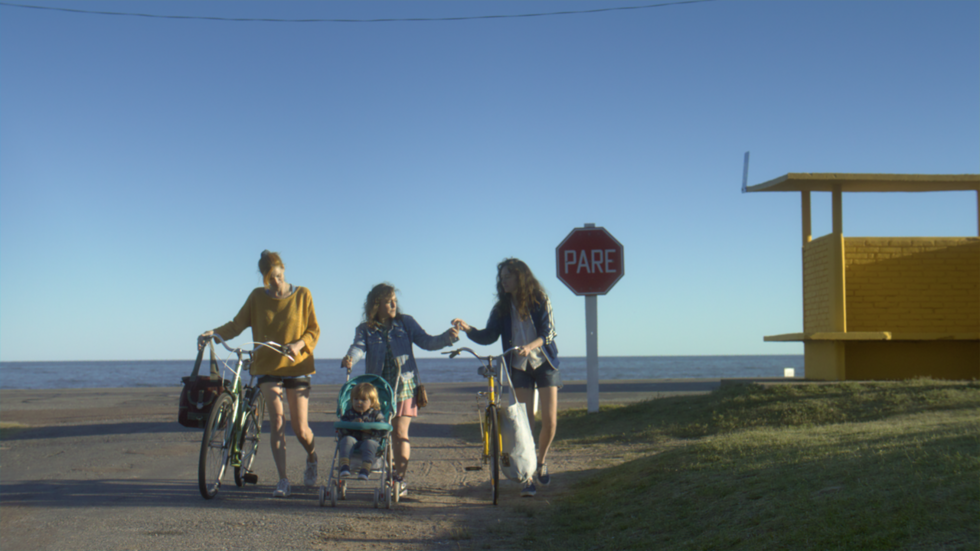
The second half is essentially a freewheeling series of snapshots capturing the easy, relaxed bond between Adela and Elena. DP Yarará Rodríguez evokes the shared happiness of the friends in the frozen-in-time serenity of the place luxuriantly and with the intimacy of a confidant. The effect is lulling, calming, and extraordinarily gentle. This brief spell, curious and enchanting, is rendered with the most luscious delicacy. The film is infused with a deep sensuousness that reverberates through the smallest of the friends’ shared activities. Lazing around at the beach with a book and their imagination running wild and fecund, they gain a beautiful, understated kind of escape from the grind of reality.
Soon, another friend, Luci (Eva Dans) joins them, with her baby boy, Paco. They talk about everything from an impending breakup to the giddy frisson of a newly blossoming relationship. These conversations are written and enacted with an exuberant lightness. A languor of spirit is integral to the film without ever straying over to the indulgent and listless. It is a feat on the directors’ part that we are gripped in a sort of allurement, suspending reason and engaging with the elevated, ethereal space of companionship in all its soothing emotionality.
All three actresses radiate the lovely camaraderie that stretches the bond among the friends. Their teasing, jesting, and affection for each other carry the film in stretches that would have come off as slight without the strong congruence in the trio’s performances. “Don’t You Let Me Go” is an exquisite, life-affirming little marvel with an ending touch that lifts its surreal tendencies to an altogether gorgeous level that brings me a gush of happiness. For a fleeting interlude, we are entirely and bewitchingly whisked away into its delightful fantasy, every moment of which feels most precious.



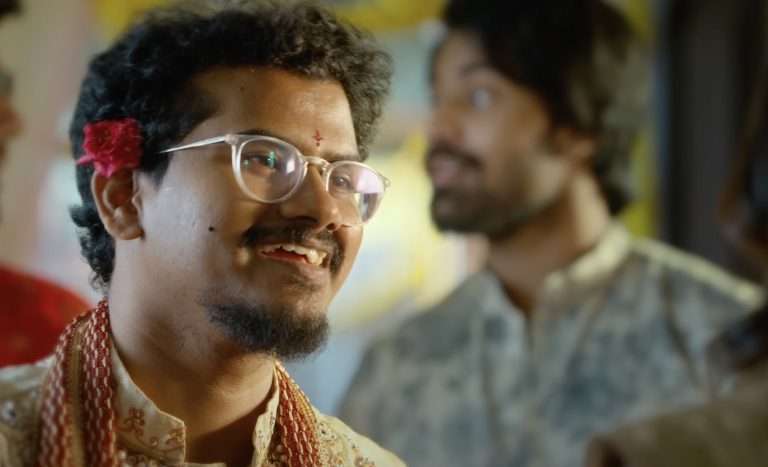
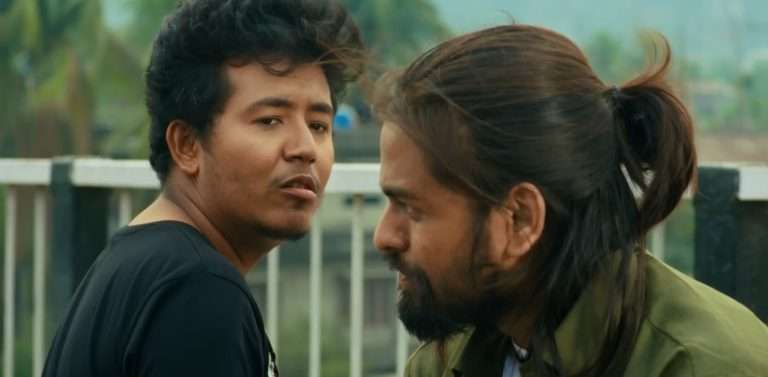
![The Tale Review [2018] – An Intensely Disturbing Story of Child Sexual Violation](https://79468c92.delivery.rocketcdn.me/wp-content/uploads/2018/05/the-tale-cover-768x525.jpg)
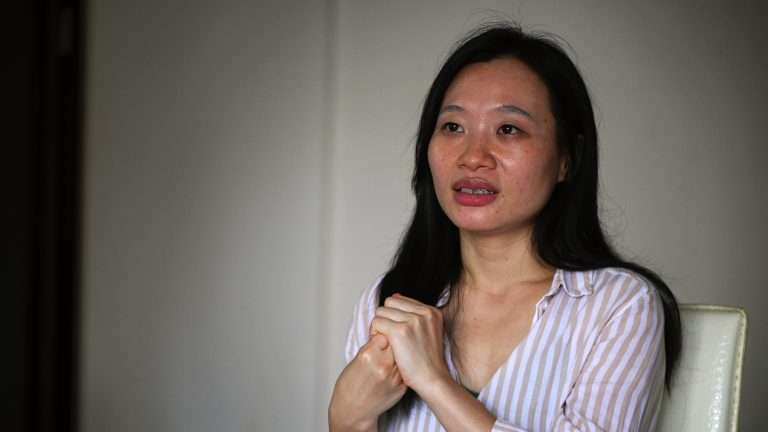
![Polytechnique [2009]: A Ponderous Glimpse into the Layers of Misogyny](https://79468c92.delivery.rocketcdn.me/wp-content/uploads/2016/03/Polytechnique-film-images-a77103a9-e80f-4b1b-9733-442e828f3f9-768x432.jpg)
